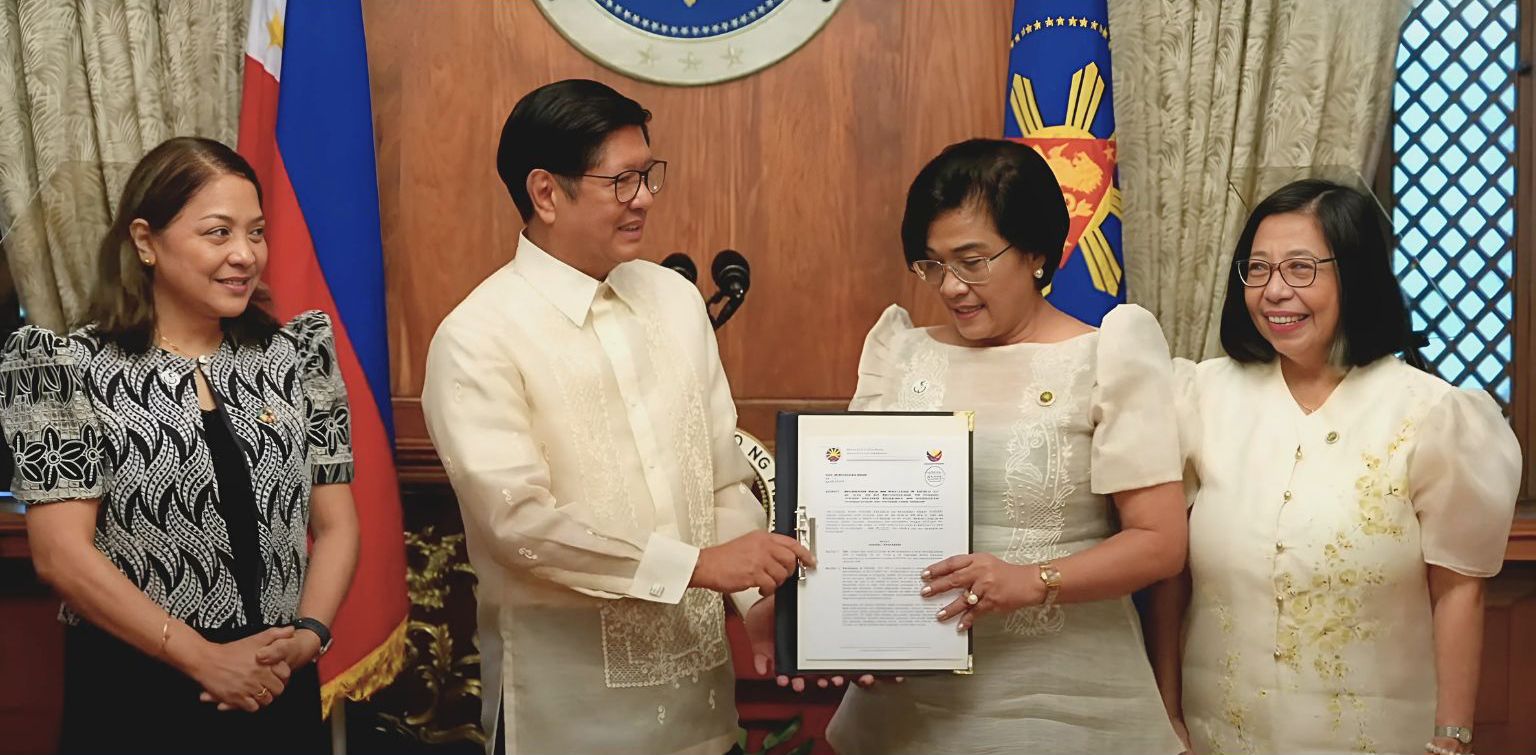
Recognizing that learning is not confined to the classroom, President Ferdinand R. Marcos Jr. on Tuesday launched the implementing rules of the Expanded Tertiary Education Equivalency and Accreditation Program (ETEEAP) Act, which enables working professionals to complete their college education while remaining employed.
During the ceremony held in Malacañan Palace to launch the Implementing Rules and Regulations (IRR) of the ETEEAP Act, the President emphasized that the program offers a valuable second chance for Filipinos who were unable to finish their college education due to life’s circumstances.
“Finally we have institutionalized what we have been dreaming to be able to do for many, many years,” President Marcos said.
“Because after all, we all understand learning is not confined to the classroom. Often, the most important lessons are learned in the workplace, on shop floors, helping run a family business. Each experience in life carries a lesson, which we consider the toughest yet most honest teacher,” the President added.
Republic Act 12124 or the ETEEAP Act that President Marcos signed on March 3, 2025 institutionalized an alternative education program that allows working professionals who were either unable to finish their college education or were completely unable to step into college for different reasons, to earn a bachelor’s degree without going through traditional schooling methods.
“With the signing of the IRR of the Expanded Tertiary Education Equivalency and Accreditation Program (ETEEAP) Act, we reaffirm a crucial principle: that experience can be just as valuable as formal education. That we trust the Filipinos’ ability to succeed, regardless of where or how they acquired their skills,” President Marcos stressed.
The President acknowledged that many Filipinos were unable to finish college as they needed to work for a living to support their families and put their siblings to school.
“Ngunit hindi nawala ang kanilang talino, diskarte, at determinasyon. Kaya naman, sa ilalim ng ETEEAP Act, maaari po nilang gamitin ang kanilang mga karanasan upang makamit ang kanilang diploma,” President Marcos said.
The ETEEAP Act provides a “clear and structured way to recognize the prior learning of individuals—be it from years of work or because they have taught themselves these skills—and match that with an academic equivalency,” said the President.
A key feature of the law is the inclusion of enrichment support, designed to help learners meet the academic and professional standards of their chosen degree, President Marcos also said.
The ETEEAP Act encourages higher education institutions to adopt flexible learning approaches such as online learning that are suited to the backgrounds, life experiences, and learning styles of the ETEEAP applicants. | PND

